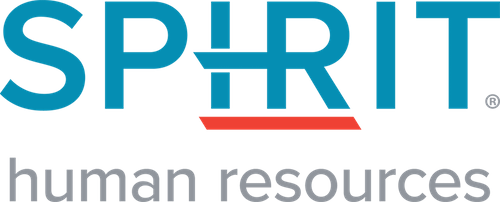If I’m a Business Owner, Can I Be an Employee?

Tax laws determine how owners get paid, therefore, whether the owner may also be an employee.
Before you decide your business type, you should consider the tax effects of payments to owners. A tax professional can help you understand the differences before forming your company.
Business types can include:
- Sole proprietorship
- Limited Liability Company
- Partnership
- Corporation
- S Corporation
How do Business Owners Pay Themselves?
As a business owner, at some point, you expect the company to provide you with an income. Tax treatment of the payment depends on the structure of the entity.
Sole proprietorship – you are an owner, not an employee. You can take a draw. What is the difference between a salary and draw? A draw is a non-deductible business expense; it is a payment for personal expenses and reduces your owner’s equity account. A salary is a deductible expense paid to an employee.
Limited Liability Company – you are most likely an owner (member of the LLC) and not an employee.* Payment to LLC members may either be by taking money out they have invested (return on investment) or in the form of guaranteed payments. At year-end, you will receive tax form K-1 that records the amount you have received.
*some LLCs elect to be taxed as a corporation. As such payments are treated differently.
Partnership – you are an owner, not an employee. Partnerships are handled much like sole proprietorships.
Corporation – if you do work for the corporation, you get paid as an employee. The corporation deducts Social Security and Medicare (FICA) taxes from your wages and pays matching FICA taxes. If you receive dividends as a shareholder of the corporation you pay taxes on your personal tax return.
S-Corporation – if you actively work for the s-corporation you are an employee and a shareholder. S-corporations are subject to unique income taxes. Consult with your tax professional to understand how taxes are passed through.
Payments received as an owner are subject to self-employment tax for Social Security and Medicare. These taxes are computed at the time you prepare your annual income tax reports.
Can I Participate in Employee Group Benefits Plan?
If your business type classifies you as an employee, then you should be eligible for most employee benefits plans. Owners considered self-employed for tax purposes are generally eligible for their employee group benefits plans.
Certain tax laws may apply to pre-tax benefits. Sole proprietors, partners in a partnership and more than 2% owners of an s-corporation may not be eligible to participate in the company’s Cafeteria Plan, Flexible Spending Account or Health Savings Account.
Can I Contribute to a 401(k) Plan?
Yes, owners and employees may contribute to a 401(k) plan.
Am I Covered by Workers’ Compensation?
Most states will allow sole proprietors and partnerships to cover themselves for workers’ compensation if they choose to, but it isn’t required. Employees who are not owners are generally required to be covered by workers’ compensation insurance.
Complicated tax laws make it worth spending the time to determine the entity type best suited to your situation. Everyone ends up paying taxes. It’s the way taxes are ultimately paid; as an owner or as an employee.
Consult a tax professional before determining your legal entity type. They can assist you with making the right decision for your company.
Latest Blogs from Spirit HR
Culture by Design: How to Build a Company People Don’t Want to Leave
Culture by Design: How to Build a Company People Don’t Want to Leave When most people think about company culture, they think about ping-pong tables, snack bars, and casual Fridays. But real culture — the kind that makes people want to stay, grow, and thrive — runs...
Are You Wasting Money on HR? The Hidden Costs of Payroll, Benefits, and Compliance
The Hidden Costs of Managing HR the Old Way Many business owners believe they can’t afford a PEO (Professional Employer Organization). The truth? They’re already spending the money—but in an inefficient way. Most businesses rely on multiple HR service providers to...
Experience the New and Improved Spirit Connect
Running a business is hard—but managing HR doesn’t have to be. At Spirit HR, we are committed to making workforce management simpler, more efficient, and more intuitive for our clients. That’s why we’re excited to introduce new technology upgrades to Spirit Connect,...
